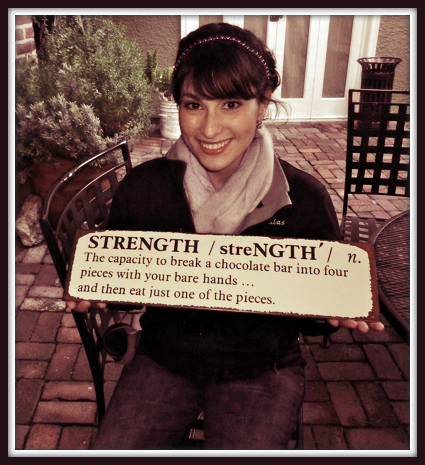
All of them are done with wisdom.
The heavens tell of your glory.
And the earth is filled with your kindness.” -Tehillim
Art by Yochana Chavah Sandler
There are certain lessons that are particularly difficult to learn. One of the hardest ones for me is acceptance when Hashem’s timeline is different (sometimes dramatically different) than my own.
Example: I wanted my chosen career set by this age, the love of my life by that age, and my summer home in Israel by another age…and these important deadlines have passed.
Admittedly, I’m a big dreamer. Always have been. But never a magical thinker—I’ve also always been a fiercely hard worker (Thanks, Dad!), throwing myself toward my goals wholeheartedly. So, when that hard work doesn’t pay off in the way that I want, or in a way I can see at all, uncertainty rears its ugly head. It challenges my core belief system that hard work must pay off. Right?
Stepping back, I know it does pay off…however, not necessarily in the way I expect. That’s the rub. It will pay off, but 5 years later. It will pay off as I use those skills in an entirely different profession. But that effort and dedication will pay off. You just don’t know how or when. And that. Really. Sucks.
Emunah or faith means believing in what you can’t see. It means believing in what you just somehow know, sometimes in spite of physical evidence that suggests otherwise. Emunah is a choice. There is no challenge to believe when the proof can be written before you. The leap happens when you believe despite what is written before you.
However frustrating, confusing or maddening, the reality is that we don’t want a Gd whose every step we understand, who we can out-think. What good is that?
Moments of doubt build character. Who are you really? Show yourself. A visionary, an upstander, one who is true to his values come what may? Then, what will you do now? Shrink and choose the easy route because the fear is too intense? Or breathe and walk into the unknown remembering, “In the end, it’s all good. And if it’s not good, it’s not the end.”
“.בסוף~הכל טוב
.ואם זה לא טוב~זה לא הסוף”
“In the end it’s all good.
And if it’s not good, it’s not the end.”
At the crux of my conviction lays the idea that Hashem is good, and that the circumstances aren’t just for the good, but are actually for the best. This knowledge soothes me in the face of challengers like time.
Time scares me. I never have enough of it. It races ahead, I always want more, and I measure myself ruthlessly against it. But, underneath my moments of inner pandemonium, I do know it’s working. I do know that ha-kol b’seder. (Literally: it’s all in order.)
I don’t get to see the big picture in real time. That’s the bad news and the good news for the future is determined in the very moment I decide whether to quit, or persist with the emuna/faith that it’s all happening in the most harmonious way for everyone involved.
Today was a day where I didn’t understand Hashem’s process or timeline. Yet despite my frustration and impatience, I suspect I will one day look back and say, “Thank Gd.”
Share This PostFollow Me

 When her husband’s obligations demanded he miss dinner, my friend took the opportunity to throw a ladies night Shabbat.
When her husband’s obligations demanded he miss dinner, my friend took the opportunity to throw a ladies night Shabbat.


 You rule. You know you do. But you don’t always feel that way. I get it—I’m talking to myself as I talk to you. Lucky for us, we’re in good company. Queen Esther herself didn’t feel like she ruled all of the time either.
You rule. You know you do. But you don’t always feel that way. I get it—I’m talking to myself as I talk to you. Lucky for us, we’re in good company. Queen Esther herself didn’t feel like she ruled all of the time either.